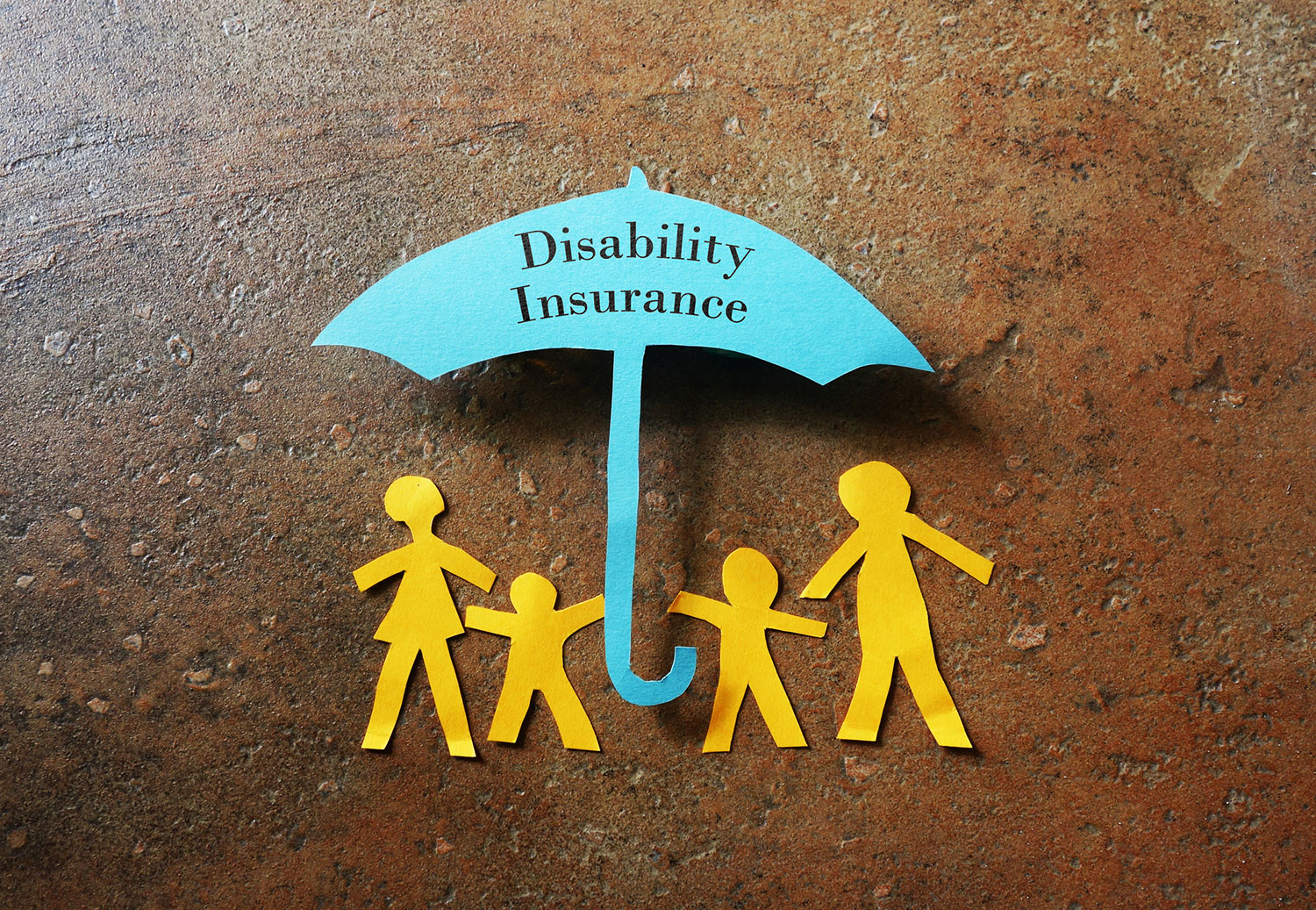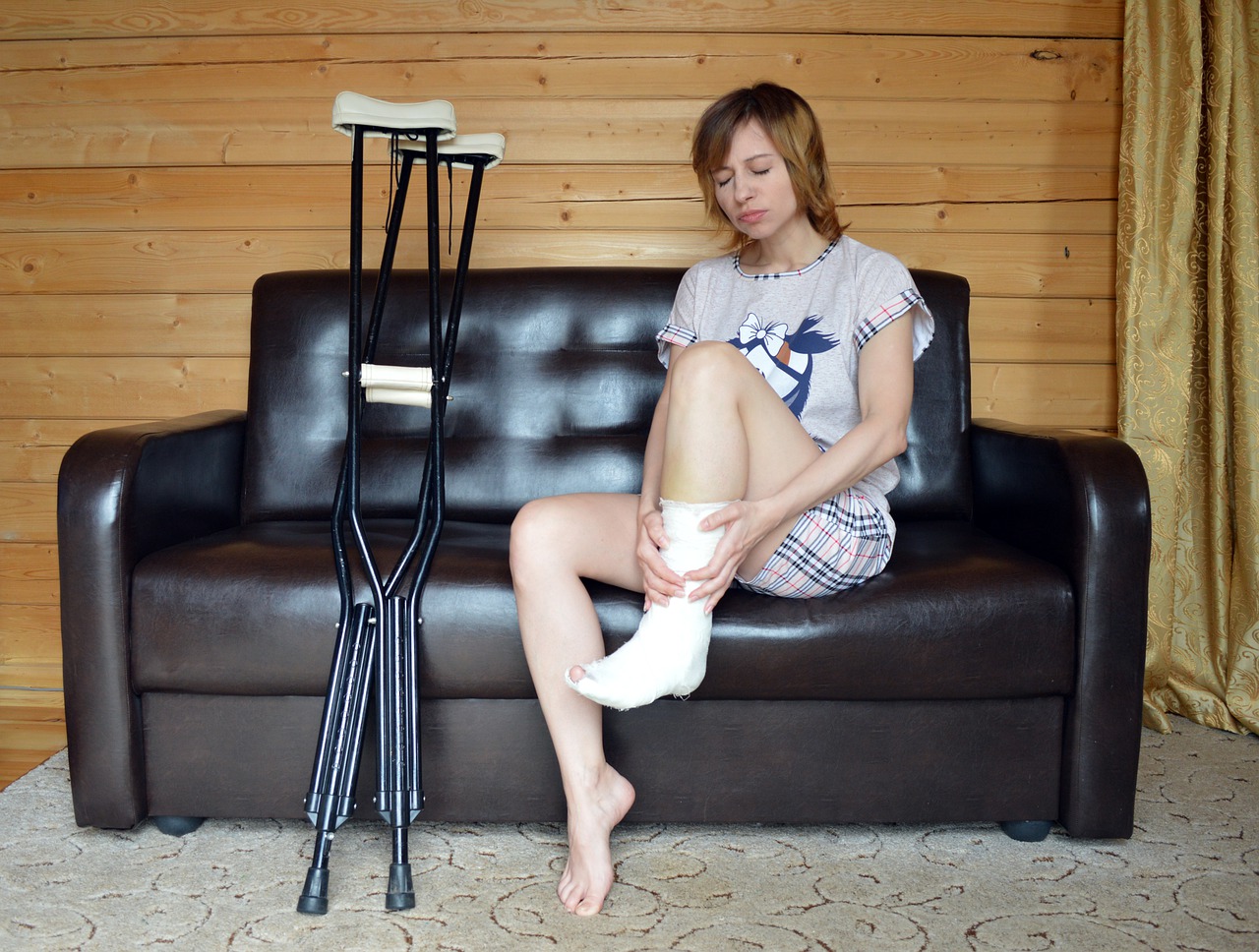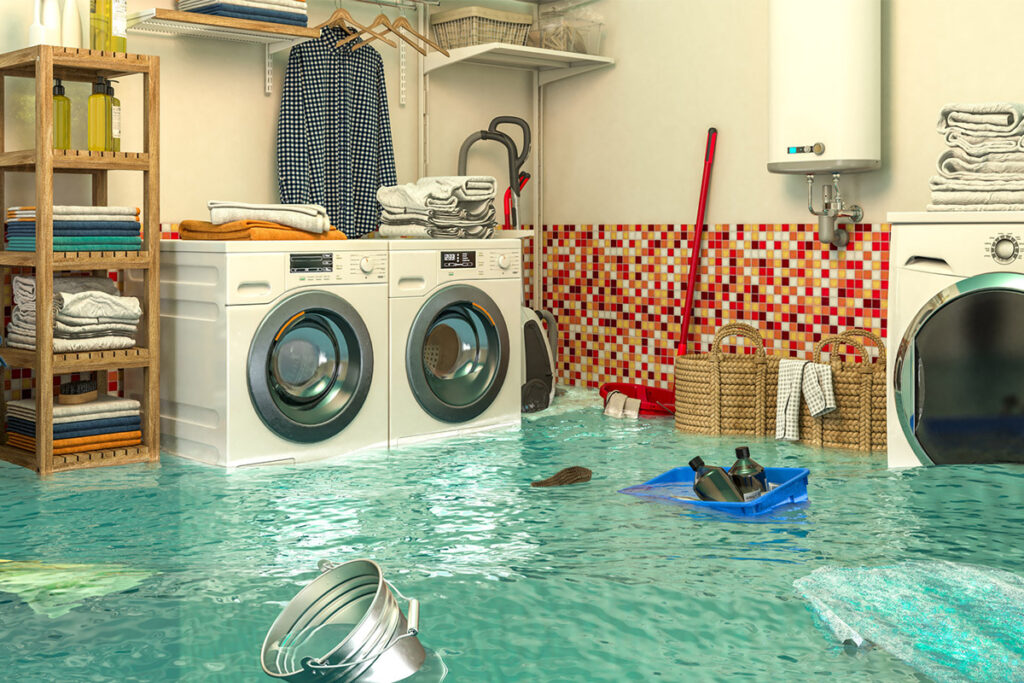In this post:
- 10 Types of Disability Insurance for Homeowners
- 1. Mortgage Disability Insurance
- 2. Short Term Disability Insurance (STD Insurance)
- 3. Long Term Disability Insurance (LTD Insurance)
- 4. State Temporary Disability Insurance
- 5. Workers' Compensation
- 6. Critical Illness Insurance
- 7. Social Security Disability Insurance (SSDI)
- 8. Supplemental Security Income (SSI)
- 9. VA Disability
- 10. Disability Overhead Expense Insurance
- Protect Your Home with Disability Insurance
For homeowners, a serious illness, injury, or medical condition can wreak havoc on household finances. When a medical condition causes a short-term or long-term disability, the homeowner could be faced with the financial burden of paying unexpected medical bills. This can cause a trickle effect of challenges when it comes to paying other necessary expenses, like a mortgage. Disability insurance can be one type of coverage that helps homeowners pay their bills.
10 Types of Disability Insurance for Homeowners
- Mortgage Disability Insurance
- Short Term Disability Insurance (STD Insurance)
- Long Term Disability Insurance (LTD Insurance)
- State Temporary Disability Insurance
- Workers' Compensation
- Critical Illness Insurance
- Social Security Disability Insurance (SSDI)
- Supplemental Security Income (SSI)
- VA Disability
- Disability Overhead Expense Insurance
Unexpected medical conditions can cause bills to pile up quickly. When you own a home, the thought of not being able to pay bills may lead to excessive stress and worry. Disability insurance benefits may provide a safety net to help homeowners afford their mortgages and lower the risk of losing their homes.
Disability insurance comes in many forms. Some employers have their own employee benefits plans, while others are offered by state or federal governments or insurance companies. Depending on whether they're on the public or private market, each type of disability benefit program works differently, making some better for certain situations than others.
10 Types of Disability Insurance for Homeowners

Homeowners must consider several types of personal insurance to protect their homes and the financial stability of their families. For instance, homeowners insurance protects their homes in the event of loss or damage. In addition, some lenders require mortgage insurance for borrowers who might be riskier to lend to, such as those who put less than 30% down.
Other homeowners choose to have life insurance policies. Although life insurance doesn't necessarily protect a home, the sum that it pays a beneficiary if a homeowner were to pass away could help the beneficiary pay for the home.
Disability insurance can also indirectly help homeowners pay their home-related expenses if they become injured, sick, or develop a condition that makes them unable to work. Several types of disability coverage, like those below, can offer income protection for homeowners, depending on their specific situation.
1. Mortgage Disability Insurance
Mortgage disability insurance is also known as mortgage life and disability insurance, mortgage payment protection insurance, or credit disability insurance. Mortgage disability insurance can cover a portion or all of your mortgage payments if you become unable to pay your obligation due to an illness, injury, or disability that prevents you from working. Homeowners can typically purchase a mortgage disability insurance policy on its own or as part of an insurance policy that can also cover their mortgage in the event of their death.
Your mortgage lender may offer this type of insurance when you secure your mortgage loan. However, you can also contact a standard insurance company to ask about purchasing a policy. Prices for this type of insurance can vary greatly depending on the cost of your mortgage and whether you have any current health issues that put you more at risk.
2. Short Term Disability Insurance (STD Insurance)
Short term disability insurance (STD insurance) can quickly pay benefits to you in the event of an eligible illness, injury, or disability preventing you from working. STD insurance isn't just for paying your mortgage, unlike mortgage disability insurance. Rather, the money it pays for a short-term disability can go towards anything you might need it for, including housing, food, and other bills.
Short term disability benefits are usually payable for up to two years maximum, but your insurance company and policy ultimately outline your short-term coverage. Your temporary disability insurance monthly benefit may range between 50% and 80% of your regular income.
3. Long Term Disability Insurance (LTD Insurance)
Long term disability insurance, also known as LTD insurance, works similarly to STD insurance. However, LTD coverage pays a monthly benefit for disabled persons who are expected to have a longer-lasting or permanent disability, injury, or illness that affects their work. Most LTF benefit plans pay two years or longer, with many paying 5-10 years. Individuals who remain eligible for benefits may still receive payments until they reach retirement age.
Like STD insurance, LTD benefits are available for any expense, including paying for medical bills, making car payments, and covering your monthly mortgage payment. LTD policies do not dictate how you can spend your disability benefits. People who qualify for LTD may also qualify for Social Security benefits, such as SSI and SSDI.
4. State Temporary Disability Insurance
Some states have their own temporary disability insurance programs that can help workers receive benefits when they are unable to work due to a disability or medical condition. However, state disability insurance looks different in each state, and not all employees of the state will be eligible.
California state disability insurance pays benefits to each eligible employee who becomes disabled themselves or has to leave work to care for an ill or disabled family member. The state also offers disability insurance benefits to workers who take paid family leave to bond with a new child. State employees can also pay into a program to become eligible for the state's disability income insurance if needed.
Currently, only five states, including California, have state-mandated disability insurance programs for eligible employees. Hawaii, New Jersey, New York, and Rhode Island also offer state disability insurance.
5. Workers' Compensation

Workers' compensation is a type of disability insurance paid to workers who became injured on their job. Human resources departments oversee workers' compensation claims and policies, which typically provide coverage for medical expenses and lost wages due to the employee's disability. They can also pay for rehabilitation services if needed.
An employee receiving workers' compensation can use their funds to help pay their mortgage while out of work. The amount an individual receives depends on the class in which their job falls. Each class receives different payment structures.
To apply for workers' compensation employee benefits, a worker must visit a medical professional who can provide medical evidence and opinion to support a claim.
6. Critical Illness Insurance
Critical illness insurance pays recipients a lump sum when they experience a critical illness, such as a stroke or heart attack, that renders them unable to work. Also known as catastrophic illness insurance, this type of policy is designed to offer financial assistance in the event of an unexpected medical condition. People often choose to purchase this policy in addition to carrying health insurance and long term care insurance for maximum financial protection.
People with critical illness insurance can get help paying for costs that their health insurance plan won't cover. The amount you get depends on your specific policy, with payouts usually ranging between $10,000 to $50,000. The higher the payout, the more you'll pay as a premium each month.
It's important to check the exclusions and limitations of your critical illness insurance policy, as some have restrictions on preexisting conditions, chronic illnesses, and age.
7. Social Security Disability Insurance (SSDI)

SSDI is one Social Security disability program offering regular income for eligible persons with a disability that makes them unable to participate in substantial gainful activity. The Social Security Administration (SSA) defines substantial gainful activity as an amount of work that leads to a minimum income. If an individual cannot work enough to meet that income threshold, they may qualify for SSDI.
Will My SSDI Check Arrive Early?
• Will my SSDI check come early in January?
• Will my SSDI check come early in February?
• Will my SSDI check come early in March?
• Will my SSDI check come early in April?
• Will my SSDI check come early in May?
• Will my SSDI check come early in June?
• Will my SSDI check come early in July?
• Will my SSDI check come early in August?
• Will my SSDI check come early in September?
• Will my SSDI check come early in October?
• Will my SSDI check come early in November?
• Will my SSDI check come early in December?
SSDI is a type of long-term disability insurance reserved for American workers who have worked long enough to earn enough SSDI work credits.
SSDI allows beneficiaries to use their monthly funds to pay for food, utilities, clothing, medical expenses, and housing. Once a person on SSDI reaches the age of 65, they may switch to Social Security retirement benefits and become ineligible for SSDI.
8. Supplemental Security Income (SSI)
Unlike SSDI, SSI benefits do not require anyone to earn work credits to become eligible. Instead, this Social Security disability benefits program is for anyone with a qualifying disability and limited income as defined by the SSA. As a result, this program is typically for low-income Americans, and the amount a disabled person receives each month depends on how much they and their household have earned for that month.
Will My SSI Check Arrive Early?
• Will my SSI check come early in January?
• Will my SSI check come early in February?
• Will my SSI check come early in March?
• Will my SSI check come early in April?
• Will my SSI check come early in May?
• Will my SSI check come early in June?
• Will my SSI check come early in July?
• Will my SSI check come early in August?
• Will my SSI check come early in September?
• Will my SSI check come early in October?
• Will my SSI check come early in November?
• Will my SSI check come early in December?
Beneficiaries should first spend their SSI payments on their current needs, like paying a mortgage or paying off a hospital bill. Then, they can pay for anything else they might need or that could improve their current or future financial situation, like college or paying debts.
9. VA Disability

In addition to the life insurance packages available to veterans, other military benefits may be available as well. Disabled veterans may qualify for VA disability benefits to assist them with housing and other expenses if they can't work. The monthly benefit amount depends on a veteran's disability rating. The VA decides this after receiving medical evidence about the veteran's disability. The type of disability also affects the disability rating, which can range from 0% to 100% (total disability).
VA disability may also pay veterans more if they have a spouse or dependents. A surviving spouse or dependent of a deceased disabled veteran can also receive monthly funds after the veteran's death to use toward paying off the veteran's mortgage.
10. Disability Overhead Expense Insurance
Disability overhead expense insurance is for people who own businesses and have become disabled. Rather than pay for the individual's residential home mortgage, this insurance can help the beneficiary pay for everyday costs of running the business, like employee wages and ordering supplies. It can also pay the business's mortgage or rent.
Most insurance companies require beneficiaries to be less than retirement age, have a minimum amount of revenue, and have an established business that's operated for at least 1-2 years. This is typically a short term disability insurance policy with the maximum benefit period lasting no more than three years in most cases.
Protect Your Home with Disability Insurance
Disability insurance helps protect your home in the event of being unable to work. It can be helpful for people who have unexpectedly become disabled and may need financial assistance to keep their homes. Consider the types of disability insurance we've listed above to decide which options might work best for your needs. Also, take some time to call insurance companies to discuss and compare your options.
Homeowners can also check with a financial professional to see if they have any programs available to assist them in financial emergencies. Some lenders have special forbearance periods that allow homeowners to take a break from paying their mortgage while looking for a new job or getting their finances in order, for example.
You can also find assistance through your local department of job and family services. Depending on where you live, you may have access to programs that pay your mortgage temporarily or provide your family with cash assistance in times of need.






